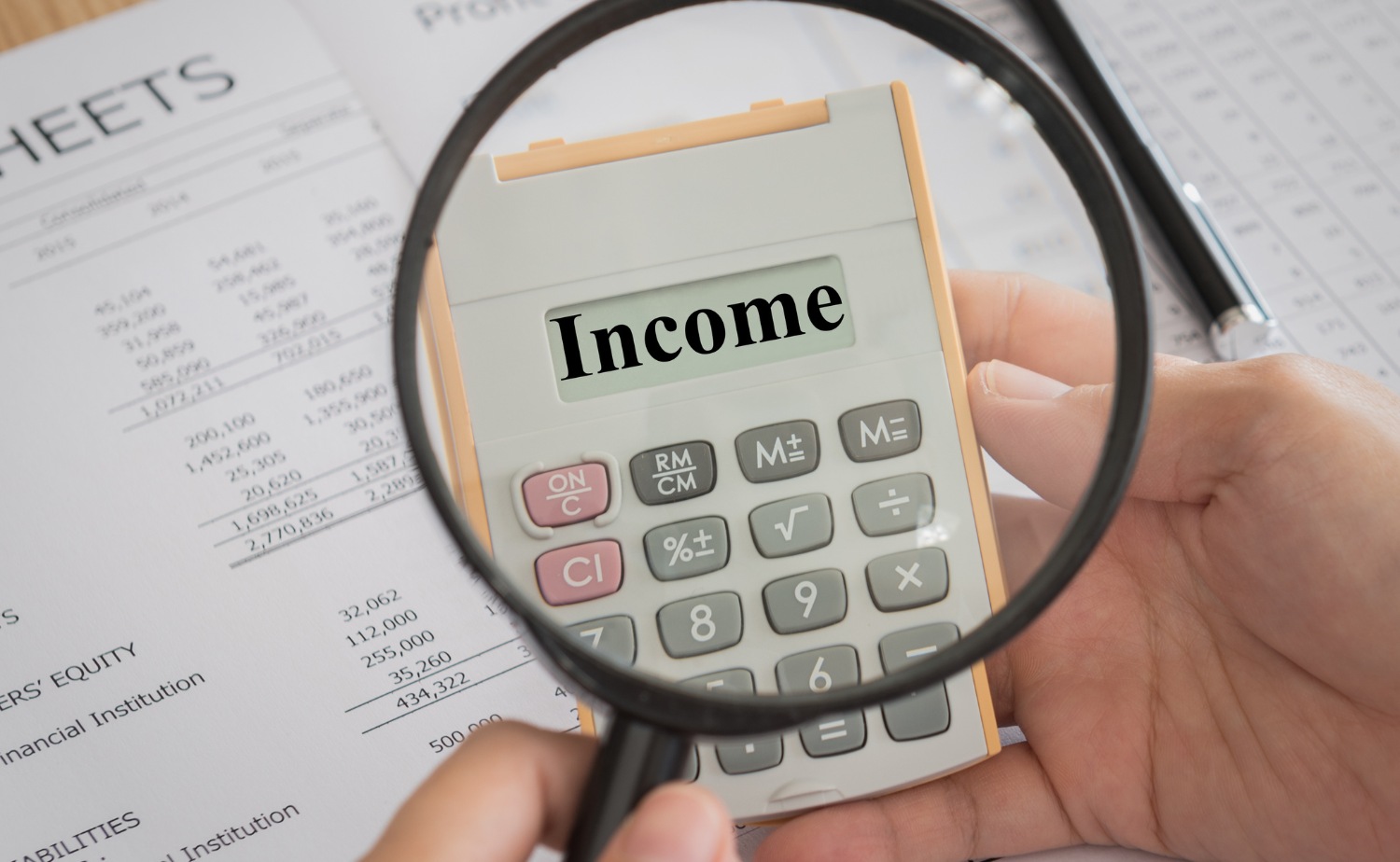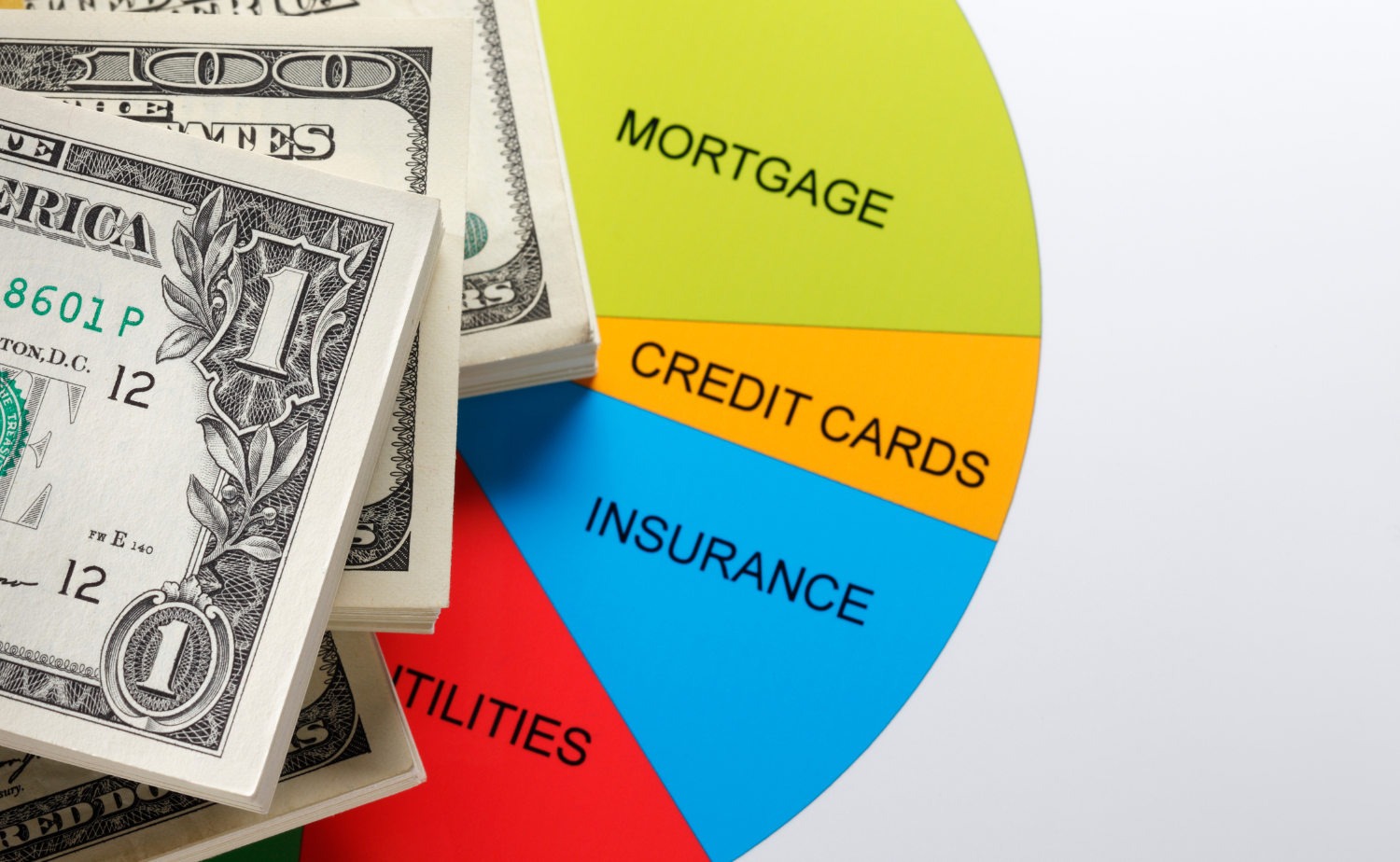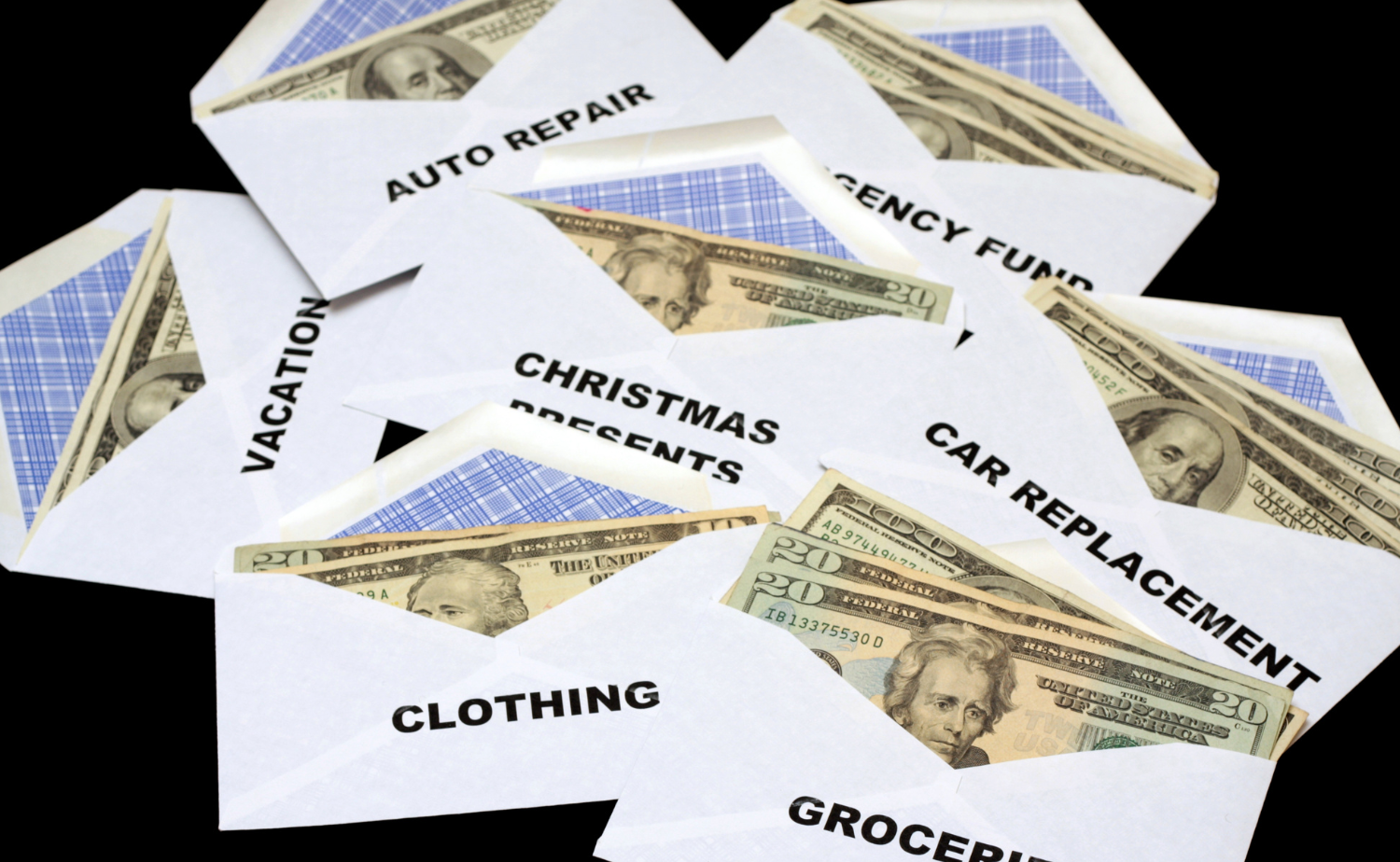Is 2023 the year that you save up for your very first home? Maybe the European vacation of your dreams? Perhaps for your future retirement? Whatever it is that you are saving for, a budget is the best way to get there, but that isn’t the only reason…

Why take the time to create a budget?
- Not only does a budget help you to save for those big ticket items you are dreaming of, but it is the only way to develop the financial security that you need in order to rest easy at night.
- Most of us don’t go very far without Google or Apple maps, so, why would we go out into the world and work so hard day in and day out without a map of how we are going to get where we want to go financially. Why would we go without a route for saving our hard-earned money and a way to monitor our progress along the way?
- Another reason to have a budget is it helps us to recognize our spending patterns and habits. Many of us are so busy that we aren’t very mindful of how we are spending our money. Many of us wake up towards the end of the month and check our accounts and think, “where did all my money go?” A budget will help you to track and identify ways you are spending your money.
- Preparation is the key to dealing with the curve balls life throws at you. By creating and sticking with a budget, you can prepare for those unexpected disasters that happen in your life.
- You need to and can also start to prepare for your future beyond work. No one wants to think about working forever so now is the time to start gradually putting money aside for your later years. Take advantage of any investment opportunities through your employer – 401ks, etcetera. Or consider opening an IRA or other retirement fund to start building a nice little snowball that can grow and grow over the years without you even noticing.
So how do you start? Here is a map from 616 REALTY for creating a budget that will give you a pathway to financial security, peace of mind, and that property you have been dreaming about.
Monthly income

First on the list of to do’s is to calculate your monthly income. Make sure that you calculate your net income which is your monthly salary after all of the taxes, medical insurance fees, and retirement contributions have been taken out of your gross income.
Determine your categories

Plan out what your categories are going to be and how macro or micro you are going to break down your spending habits. Start big with wants and needs, then break down to things that are essential and those that are nonessential.
Quicken.com recommends the following categories:
- Housing (25-35 percent)
- Transportation (10-15 percent)
- Food (10-15 percent)
- Utilities (5-10 percent)
- Insurance (10-25 percent)
- Medical & Healthcare (5-10 percent)
- Saving, Investing, & Debt Payments (10-20 percent)
- Personal Spending (5-10 percent)
Select a method

Now choose a budgeting framework that works for you. There are a few popular ones: the envelope budget, 50/30/20, automated savings account. Each of them has a little something different to offer, but all are effective in helping you attain the goals that are most important to you.
- The 50/30/20 is a very basic framework: 50% of your budget are essentials, housing, food, medications, water and electricity; 30% is for your personal expenditures that are wants,for example, eating out, movies, subscription services; the last 20% of your net income goes into your savings.
- An envelope budget can be helpful for those individuals who need something a little more concrete. You divvy-up your money into the appropriate categories: utilities, groceries, entertainment, savings for home, whatever categories are essential for you. Then you can only spend the amount in the envelope and when it is gone, it is gone. No more sushi!
- If simplicity is the answer, an automated savings account can be very helpful for those individuals who have a hard time sacking money away. You set it up with your bank, and they take that money out monthly or even weekly which can really help you grow your savings without feeling the pain (at least not quite as much).
Things to Consider that Impact Your Budget

Sleep on it
Any time you are considering making a substantial purchase, whether it is $50 or $500 depending on your income, take 24-48 hours to consider whether or not you really need it. This helps you avoid those impulsive purchases that you regret later. Yes, shopping and buying do provide a dopamine hit, so consider whether this purchase is going to be a quick hit, or is it something that will improve your quality of life and/or bring you joy every single day. You will likely find that after 48 hours, you no longer feel the desire to purchase that item and you avoid buyer’s remorse and your wallet also stays nice and heavy.
Pay down your debt
With interest rates going up and up and up, it is important to try and get your high interest credit cards paid down as quickly as possible. Never spend what you don’t have using a credit card that you can’t pay off the following month before you incur heavy fees and interest.
Budget to zero
This is when you take your income and subtract all your expenses and savings until you have a zero balance. It basically means that you have a plan for every single dollar that you spend. This will help you to stick to your budget and help you have a clear pathway for how you are spending your money. It doesn’t mean that you can’t be flexible and adjust your budget categories and how you spend your money when you revisit how your budget is working.
Don’t spend
This sounds like a Captain Obvious statement, but what we mean is, on occasion, try challenging yourself to a “No Spend September” or February for that matter (it is a shorter month). It will allow you to see that you have the discipline to really crunch down and save when you need to, and it will empower you. You will see that you do have the control you need to accomplish your financial goals.
Eliminate excess
Make a plan for eating out so that you don’t spend an excessive amount of money dining out. Look at your monthly subscriptions and cancel the ones that you don’t use often and need, like Netflix. Take a look at any extra fees you are paying for services that you may not need.
Groceries
The price of groceries is so exorbitant that you can’t afford to waste any of it. Throwing away a few apples, a head of lettuce, and a half gallon of sour milk is essentially you throwing $5 out the window of your car. Doesn’t seem like a lot, but when you do it often, it adds up! Plan ahead for your meals. Consider doing your grocery shopping online so you don’t buy the $50 of extras as you walk through the aisles. And, plan your means so that you don’t eat out as often and don’t throw away ingredients that you didn’t use.
Revisit
Now you need to “budget” time to revisit your budget on a monthly basis. Determine what is and isn’t working for you. Consider what errors in spending you might be making, and figure out what adjustments need to be made for additional expenses or goals you have and what you can weed out.
A budget is a good thing. It can be painful at first, but the rest you get when you have a plan is so worth the time and effort it takes. At 616 REALTY, we want you to buy your first or 10th home, or get that waterfront property, but most of all, we want you to experience all that life has to offer when you aren’t stressed about the finances.
Contact 616 REALTY for any of the real estate needs including how to get your credit where it needs to be so you can buy your dream home!
